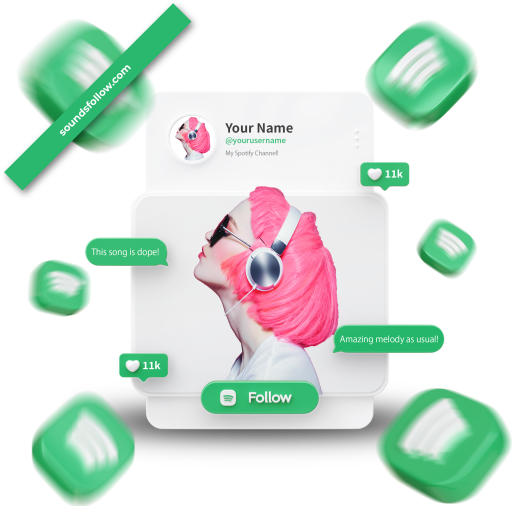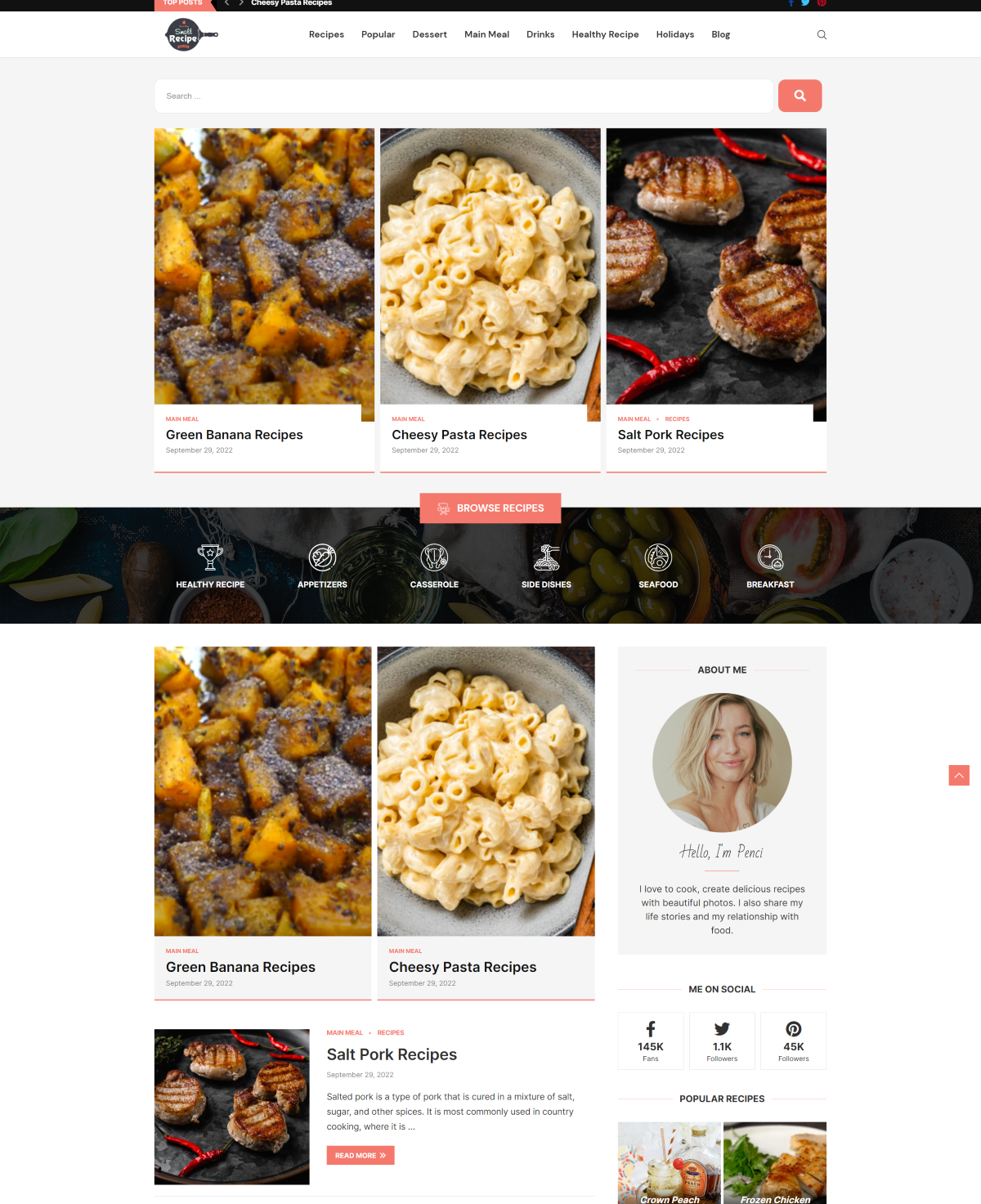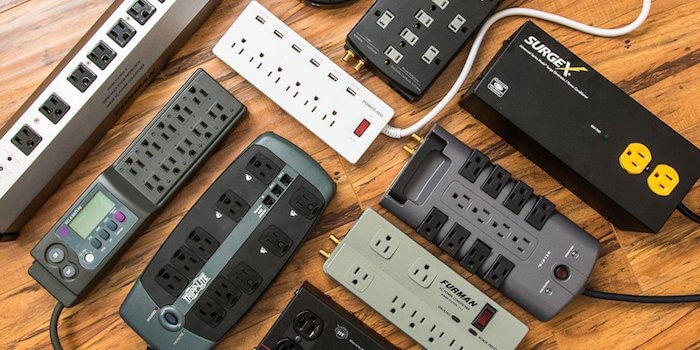You probably keep reading about backlinks, dofollow, and nofollow links, and let’s be honest, it can get confusing. Even some veteran content marketers can get confused with the terms and if they’re interchangeable. So, let’s start with the most important link – the dofollow backlink.
What is a Dofollow Link?
Dofollow links are links that point to your site from more or less reputable websites. They can help increase your domain and page authority which in turn makes your webpages rank higher in search engines. The more your site grows, the more dofollow backlinks it gets. This happens organically but can also be accelerated.
Almost by default, the more high-quality content you produce and publish, the more “link juice” you’ll get from other websites. By writing content you will most definitely give dofollow links to other websites as well. As I did just now. As you can see this happens organically.
Why did I link to that particular website you might ask? Well, I and most other internet publishers will most likely reference the number one result on Google. And so that makes a perfect loop for the top ranking website. They already have the top position but are also getting more and more backlinks that reaffirm their rank.
Most links pointing to your website will be dofollow links as they are dofollow by default and you or other website owners do not have to go out of your way to change the setting. This brings us to the next type of link – the nofollow link.
What is a Nofollow Link?
There was only one type of link (in search engine’s eyes) up until a couple of years ago – and it was a dofollow link. When people started exploiting that situation by, for example, leaving links in comments on other peoples’ blog posts, Google decided to differentiate between different types of links relative to ranking in search engines.
Comment sections on most if not all websites have a nofollow HTML tag by default now. It makes little or no sense to go out of your way and spam some other website’s comment section with links to your site. In fact, you’ll probably get penalized either by people noticing what douchebag you are, or directly by the big G.
We already learned that links (other than from the comment section) are dofollow by default. If you want to make it a nofollow or even a so-called sponsored link (for example, a link that’s pointing to Amazon via an affiliate link) you’ll have to choose that setting in your editor or by manually adding <a rel=”nofollow href=”https://yourwebsite.com/”>hyperlinked words</a> for example.
Why are Backlinks Important?
Backlinks are extremely important if you want to be a successful internet publisher. Although Google keeps saying that the number of backlinks or domain authority is not important to search engines, that’s clearly not the case.
The more high-quality backlinks your website gets, the better your chances are of ranking higher in SERPs. I’m sure that you’ve noticed plenty of times that the top position in Google is clearly not the best article or the longest article or a superior article in any shape or form. And yet, it’s ranked number 1 and getting bucket loads of traffic.
The reason is that the website that published the article has a high domain authority and gets a lot of trust from Google. Remember when you started out (perhaps you’re still there) and it took forever to get out of the so-called Google sandbox? It took forever because Google didn’t know if it could trust your newly established website.
I mean, it was hardly Wikipedia or WebMD. Once you got backlinks flowing in, Google will start opening the floodgates and sending you traffic. It can take anywhere from 6-12 months by some accounts to see significant traffic. It’s the period when most people give up because they think that they’ll never make it, and so they hang up their gloves (or rather keyboards) and quit.
Conclusion
Now that you know the difference between dofollow and nofollow links, it’s time to get out there and get some of that link juice. Start by writing high-quality posts, making link-magnet infographics, and/or reaching out to other websites and marketers for backlinks.






